Summary
The greatest opportunities in the data economy lie in collaboration between enterprises, which requires efficient and reliable data sharing across organisational boundaries. Of course, data has been shared between organisations for a long time, but not systematically or efficiently. As data sharing needs diversify and ecosystems expand, data spaces will provide a scalable and secure way to share data between different actors.
This report provides a comprehensive overview of the state of Finnish data spaces and the opportunities they offer from a business perspective. Data-space projects are specific activities that contribute to building data spaces for different industries. Finnish data space development is examined from the perspective of three main groups: users, creators and supporters. Users are companies and organisations that use data spaces in their business activities. Creators are the initiators and developers of projects. Supporters are stakeholders that enable data space projects with funding and resources.
Data space resources significantly increase the economic, operational and innovation benefits that ecosystems of different organisations provide to their participants. An ecosystem data infrastructure benefits everyone, but building it is an investment that requires an incentive. Organisations that sponsor data spaces have an important role to play in developing small-scale ecosystems into flourishing data ecosystems that rely on a common data infrastructure.
Throughout Europe, efforts are being made to develop data spaces, and the same ideas are gaining ground on other continents, albeit under slightly different names. Finland has a vibrant data space community for its size, with more than 30 data space projects in 15 different sectors involving well over a hundred organisations. Compared to the rest of Europe, Finland is undoubtedly one of the most advanced data space countries, even though Finnish data space projects are mainly at an early stage.
We gathered information about data space projects in different sectors by interviewing experts working on them. From the interviews and background research, we collated the lessons learned and summarised them in targeted recommendations for current and future participants in data space projects, as well as for those involved in and supporting such projects.
The publication of the report is the starting point for the Data Spaces Alliance Finland network, which will be launched at the same time. This will bring together Finnish data space creators and stakeholders sponsoring data spaces. The alliance aims to implement the recommendations of this report and to promote the implementation of data space projects in Finland. The target group of the alliance are the users of data spaces. These are companies and organisations that want to invest and develop their data-driven business by joining existing data ecosystems or by launching new ones. The alliance provides a coherent view of the tools and services that enable data space users to get the most out of them.
The text content available under a CC BY-SA 4.0 licence
The text content of Sitra’s publication State of Finnish data spaces (Sitra studies 243) can be downloaded as a Word file and used under the licence: CC BY-SA 4.0 (Creative Commons Attribution-ShareAlike 4.0 International License).
Recommended reference: Sitra (2024). State of Finnish data spaces.
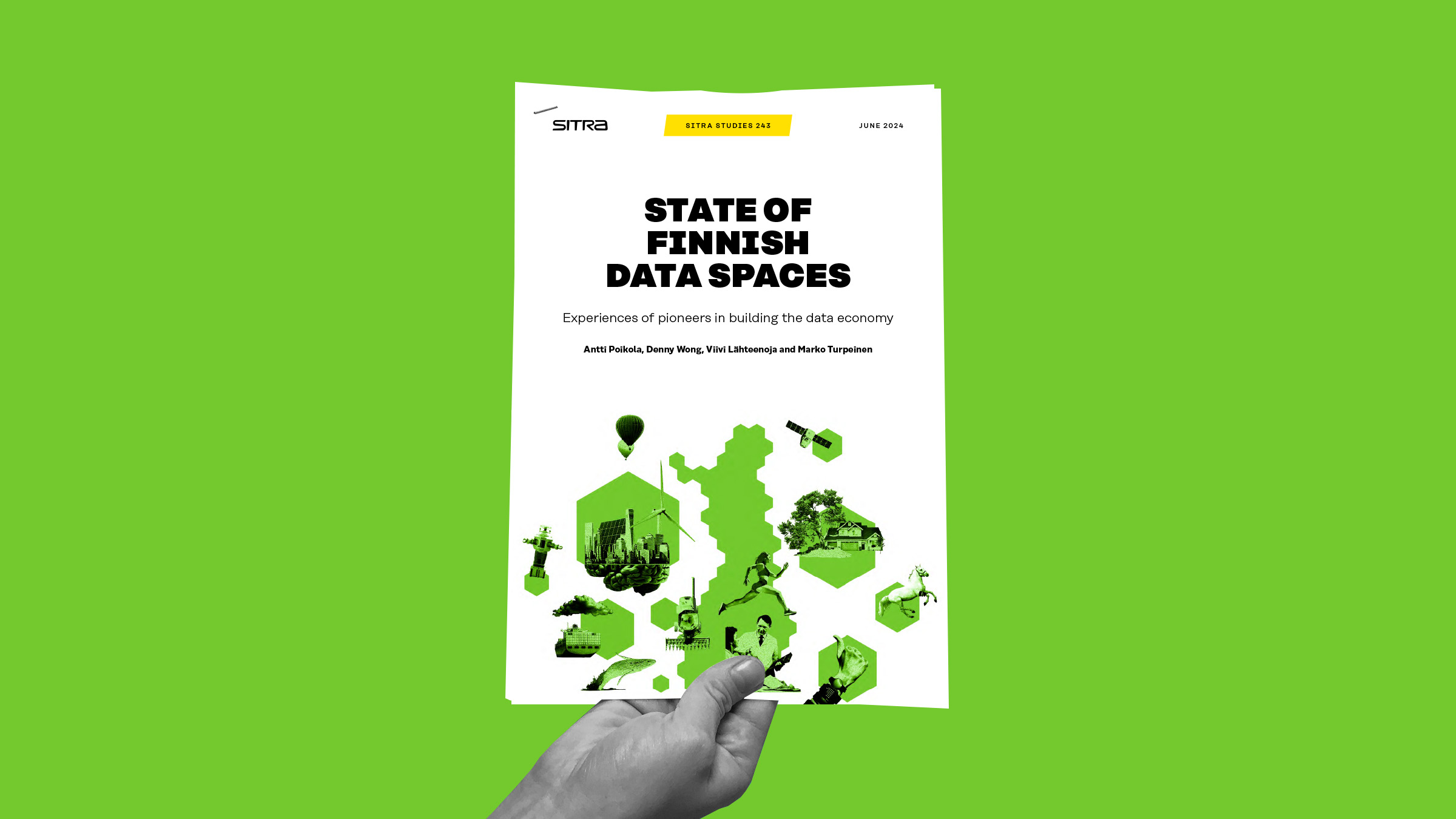
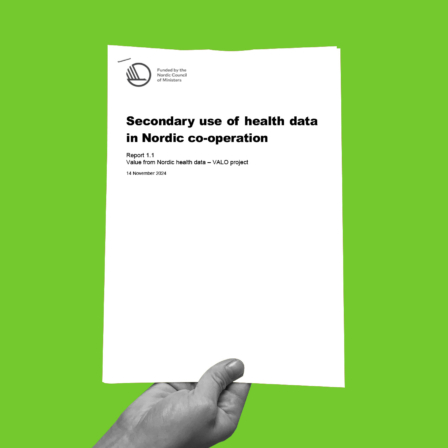


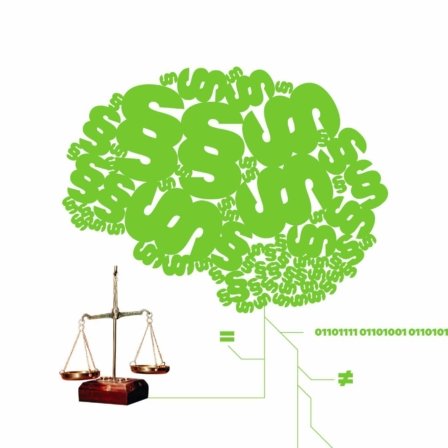






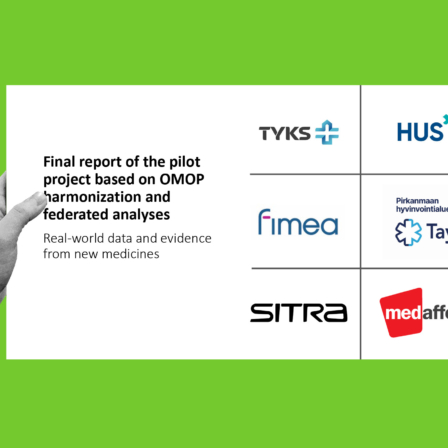

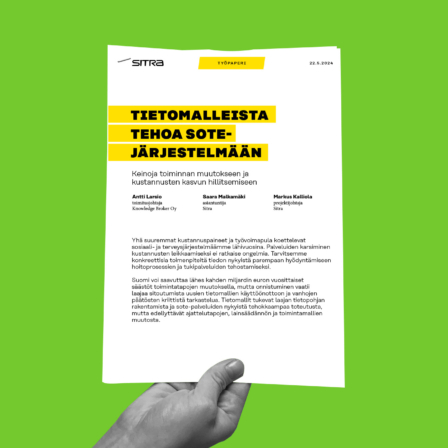
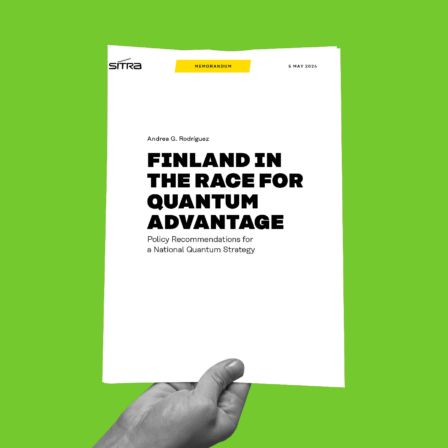


Recommended
Have some more.